A Separate Peace

Best Practices , Board Spotlights
The agendas involved in protecting the public versus promoting the profession can at times be at odds, but psychology boards and their professional associations can find collaborative overlaps that benefit both sides.
Jamie Monic has had to learn the hard way about the divisions that can take hold—and persist—between psychology boards and their counterparts: psychology associations. In 2009, Monic, the executive director of the Louisiana State Board of Examiners of Psychologists (LSBEP), was forced to confront an internal rift within Louisiana’s Psychological Association (LPA) when its medical psychologists split from the LPA. This move was precipitated by a regulatory migration as the medical psychologists were now to be licensed and overseen by the Louisiana State Board of Medical Examiners.
“The Board got the brunt of the blame for legislation that was not popular,” says Monic, “but legislatively, we as a Board did not have a lot of say, and the Association’s membership at the time was seemingly unaware of the initiative. Conspiracy theories began to crop up, then a grassroots movement, and it got to the point that any actions taken by our Board were portrayed negatively in the grassroots newsletter and perceived negatively by the Association. It was a big divorce; there was lots of infighting, and we’re still rebuilding.”
Two significant roots of the issue, says Monic, were governance and communication. “First, both Boards at the time—the examiners and the association—were comprised almost entirely of medical psychologists. Second, I only found out about the issue doing my ordinary search of legislation. So, even though I was the executive director, I wasn’t notified. This was what led to the perception that the profession and the regulators were in cahoots and not seeking input.”
Monic says both of these issues point to critical places where collaboration between a guild and its regulators is key. Governance, for example—or who sits on a regulatory Board—is often derived from individuals active on the professional side. “In my position,” she says, “we can’t approach our governor to influence who our next Board member is going to be. So, it’s all about licensees understanding who gets to be in charge of regulatory work and what it consists of.” Members on the professional side who are interested in regulatory work must therefore be educated as to how the two callings are different. Which is where regulatory boards can help. “The guild has to learn what makes a good Board member or regulator. And Boards can provide that training if they’re in regular communication with their guilds.”
This sort of close communication can prevent the types of staff surprises Monic herself experienced in 2009. But established and open communication is also critical in other arenas. “Working collaboratively on legislation is a big one,” she says. “It takes a lot off of a regulatory Board’s plate when we can say to the guild, for example: ‘Here’s the trend, and we’ve been to this ASPPB meeting and this is what’s going on,’ and they can see it from the Board’s perspective, and they can lead on the legislative stuff where we can’t.”
“In a marriage, you never stop working on communicating and compromising,” says Monic. “Between Boards and guilds, it’s a balancing act, but I don’t think there needs to be infighting. At the end of the day, not everyone gets everything they want, but you can find a middle ground. Because the fact is each side needs the other. Working together assures the consumer that the licensees have met the minimum standard of practice and they’re maintaining their competency. And for the profession, informed regulation legitimizes the practice of psychology while also keeping us aware of where the profession is going and why it wants to go there.”
Looking for a better dynamic with your guild? Monic points to these lessons as critical to how Louisiana rebuilt its relationship:
- Consider establishing on your Board a liaison to the guild or professional association.
- This person should attend guild meetings in order to create a communication pipeline between the organizations. The liaison can also be instrumental in providing regular and in-depth trainings that help guild members interested in regulation identify the key qualities needed in regulators and how to “remove their professional hat and put on their regulator hat,” says Monic.
- One other key: Monic says to make sure this person—if it is a Board member—also involves a staffer who is long term to prevent the amnesia inherent to turnover.
- Consider instituting a long-range planning group.
- Such a group can identify those bigger picture issues that may require meaningful, farsighted collaboration with their guilds, not to mention begin a dialogue that stewards them responsibly with input from each.
- Observe transparency and foster relationships.
- Follow open meeting laws and share data and information that inform decisions. Be sure detailed minutes are a part of these processes, so clarity isn’t lost to institutional history.
- Consider with any decision who will be impacted and make a special effort to invite impacted parties to participate in the discussions your Board and your guild are having.
- Seek out a Board chair with good leadership skills, who doesn’t shy from controversy.
- Monic credits much of Louisiana’s reconciliation following the 2009 controversy to Dr. Amy Henke, LBSEP’s former chair. “Amy was very outspoken about what she saw and getting people to talk about it. She didn’t yell or scream, but she was passionate, and she wanted to understand everything. She was one of the first Board chairs I’ve had who came into my office and learned what I did. People trusted her, and that’s when things started to change. In fact, when she got off our Board, she became president of the LPA.”
Note: Any opinions, conclusions, or recommendations expressed by Jamie Monic in this article are her own and do not necessarily reflect the view of the LA State Board of Examiners of Psychologists.


